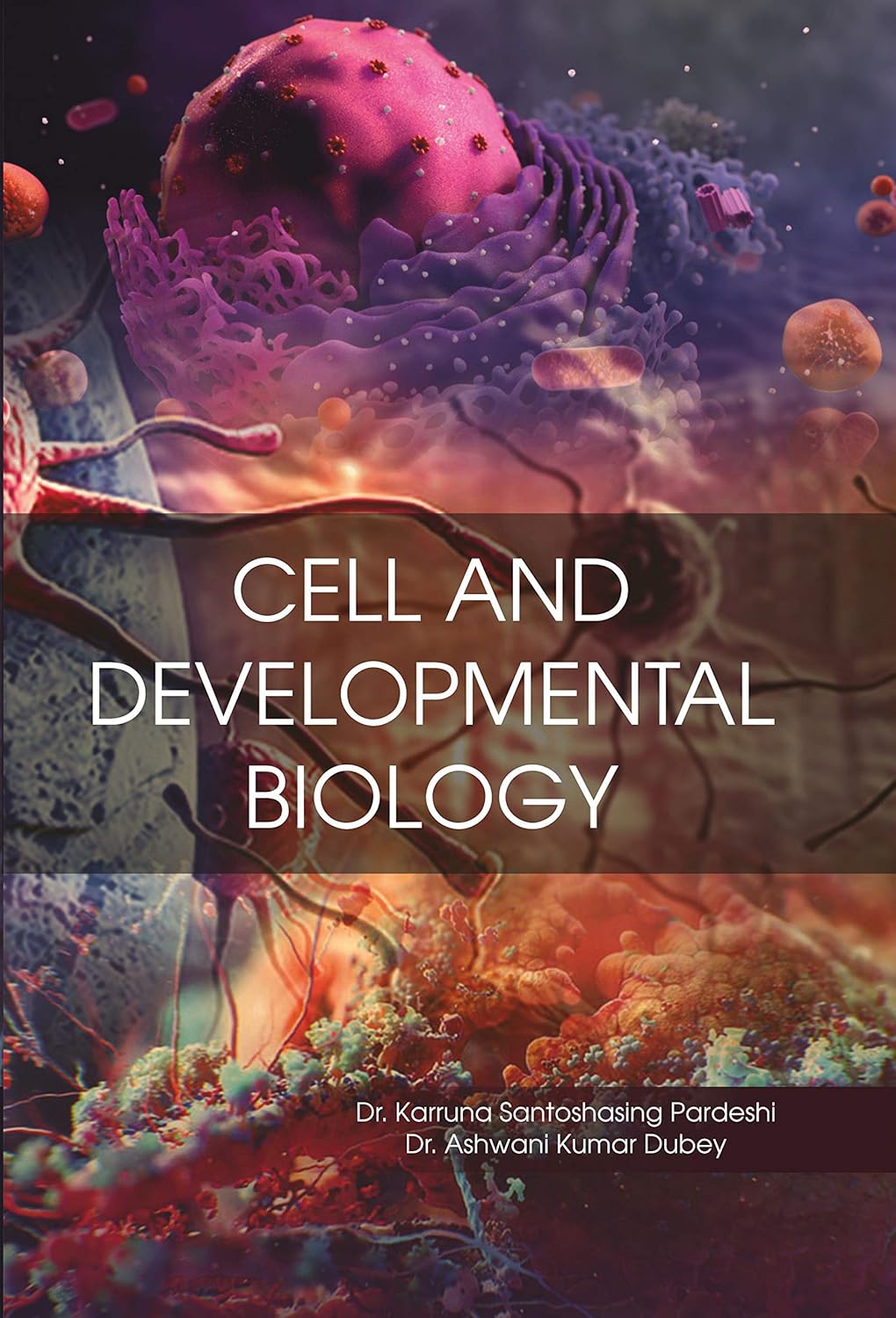Cell and Developmental Biology
Cell and Developmental Biology
Couldn't load pickup availability
Developmental biology is the science of explaining how a variety of interacting processes generate an organism’s heterogeneous shapes, size, and structural features that arise on the trajectory from embryo to adult, or more generally throughout a life cycle. It represents an exemplary area of contemporary experimental biology that focuses on phenomena that have puzzled natural philosophers and scientists for more than two millennia. DNA is segregated away from the cytoplasm within the nucleus, although, as we have seen, the isolation of the nucleus from the cytoplasm is by no means complete since there are a number of pores which are present in the nuclear membrane and which lead into the cytoplasm as such. But the significant thing about DNA is that practically all of it in the cell is localized in the nucleus and it is the DNA that has the major genetic function in the cell. Fertilisation (also known as conception, fecundation and syngamy), is the fusion of gametes to produce a new organism. In animals, the process involves the fusion of an ovum with a sperm, which eventually leads to the development of an embryo.
Share

